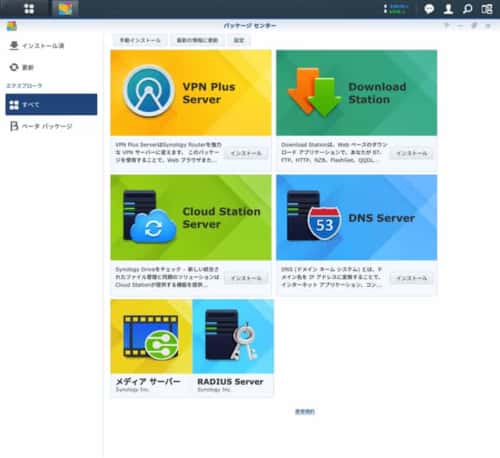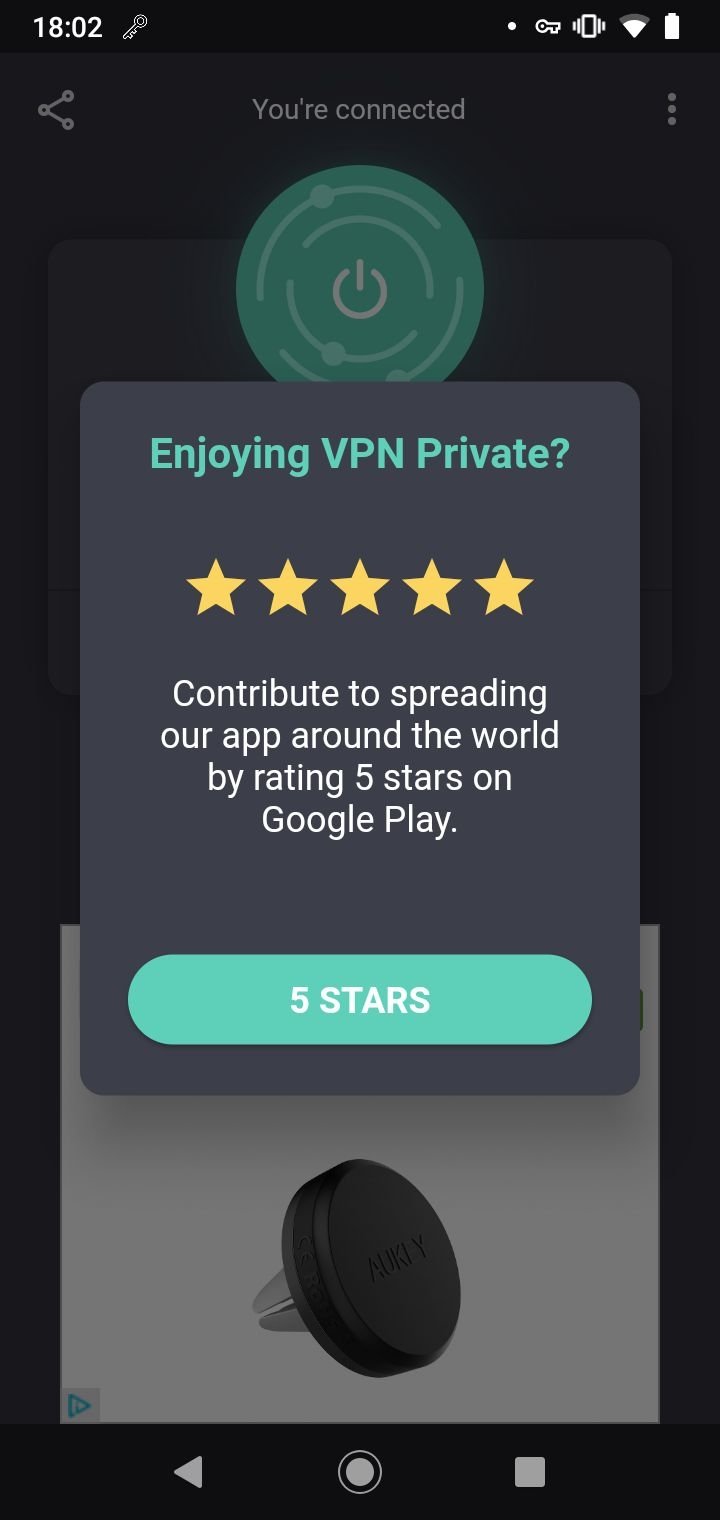
IPSec VPN consists of two phases: Phase1 (also known as IKE) and Phase2 (also known as IPSec).
Next vpn plus windows#
This certificate will be applied to the Windows OS for IKEv2 authentication later on in this guide. Once the certificate has been created double-click on it to edit.Ĭlick on Export Certificate Only button to export the certificate to your machine.

Give a description for the group object (optional).Provide a name for the group – “IKEv2_User_Group” for example.To add user groups click on the “ Group” tab under the Configuration -> Object -> User/Group menu.Ĭlick the Add button to insert a group entry. If multiple user accounts have been created, they will need to be grouped together so all users can be applied to the IKEv2 VPN rule for authentication.

Next vpn plus password#
The IKEv2 client support built into Windows (Win7 or later) requires a user to authenticate with a username and password to the VPN server. User accounts are used in security policies and application patrol, in addition to controlling access to configuration and services in the USG. This helps if the client would like to continue to access local clients or use his gateway for internet access.Ī user account defines the privileges of a user logged into the USG.

If you do not want all the traffic from the client side to be sent into the tunnel, you can alternatively use a certain target range. Enter a starting IP address and ending IP address – for all traffic, the staring IP should be 0.0.0 and ending IP of 255.255.255.255.Provide a name for the object – “All-Traffic” for example.Click the OK button to save the settingsĬlick the Add button to insert the second object.Enter a starting IP address and ending IP address – for the example, we are using 168.101.11~192.168.101.20.Select RANGE from the “Address Type” drop-down box.Provide a name for the object – “IKEv2_POOL” for example.To begin creating the address objects go to menu Configuration -> Object -> Address.Ĭlick the Add button to insert the new address object. The second address object reflects the IP traffic which is allowed through the tunnel, in this case, it will be “all traffic”. The first address object will be for the “IKEv2 address pool”, this will be the IP addresses that Windows clients will receive upon a successful VPN connection. This walkthrough goes over a VPN setup for IKEv2 traffic, thus two address objects will need to be created.
Next vpn plus software#
The IKEv2 capability of the Next-Gen ZyWALL routers allows the ability for a Windows 7/10 to establish a dynamic IPSec IKEv2 tunnel using the built-in VPN client, no third-party IPSec software is needed.Īddress objects can represent a single IP address or a range of IP addresses.Īddress objects are used in dynamic routes, security policies, application patrol, content filtering and VPN connection policies. It is used to transport traffic over the Internet or any insecure network that uses TCP/IP for communications.

This guide will provide instructions on setting up an IKEv2 tunnel on the ZyWALL Next-Gen firewalls to establish a client-to-site VPN connection with Windows clients.Ī virtual private network (VPN) provides secure communication between sites.Ī secure VPN is a combination of tunnelling, encryption, authentication access control and auditing. Windows Clients support IPSec IKEv2 with certificate authentication.


 0 kommentar(er)
0 kommentar(er)
